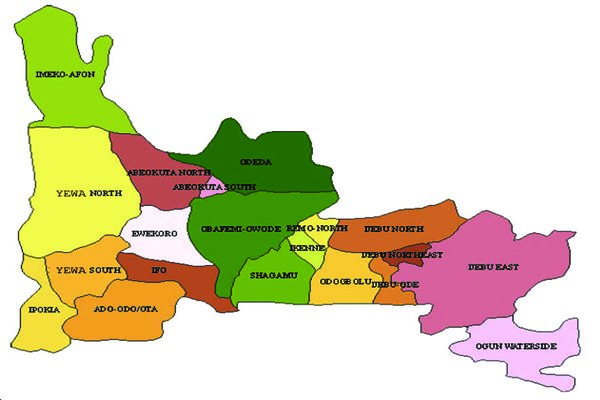The Nigerian Railway Corporation (NRC) announced the suspension of its services on the Abuja-Kaduna rail line following a deadly attack on one of its trains by bandits. In a statement, the NRC described the incident as “an explosion” which affected the rail track and the fuel tank of the locomotive of the last train on Wednesday evening. Fortunately, no lives were lost. The level of insecurity in the country has risen to alarming levels in recent years. From attacks, kidnappings of school students, banditry along major highways, killings by insurgents to Fulani Herdsmen/indigenous community clashes, living in most regions of the country has become a nightmare. Travelling along many routes in Nigeria has also become unsafe, and the Abuja-Kaduna highway is considered the most dangerous route in the country.
Abuja-Kaduna expressway is notorious for kidnapping and banditry. The 211-kilometre expressway, which is the link between the FCT and the North-western part of the country, makes a good spot for kidnappers because many travellers use the route. The Abuja-Kaduna route forms a critical part of the country’s larger highway system, enabling the movement of people and products from the North to the South and vice versa. To avert the danger of travelling that route by road, many travellers resort to the railway service, which was before now considered the safest option. While Kaduna state appears to be the major insecurity hotspot currently, based on recent happenings in the state, there are also growing incidences of kidnappings and attacks across the country.
We are extremely concerned that these attacks, if not timely addressed, could have disastrous consequences for the country. On one hand, food prices continue to rise and the insecurity in food processing regions, if not swiftly addressed, will remain a major drag on achieving food security. There are reports that many farmers in affected regions no longer go to their farms for fear of being killed or kidnapped. The alarming level of insecurity in the country will also continue to hinder foreign direct investments. At the peak of attacks by Boko Haram, consumer companies suffered setbacks due to their inability to distribute goods to the crisis regions. We see these problems arising again if the issue of insecurity is not decisively dealt with.
Source : CSL Research














